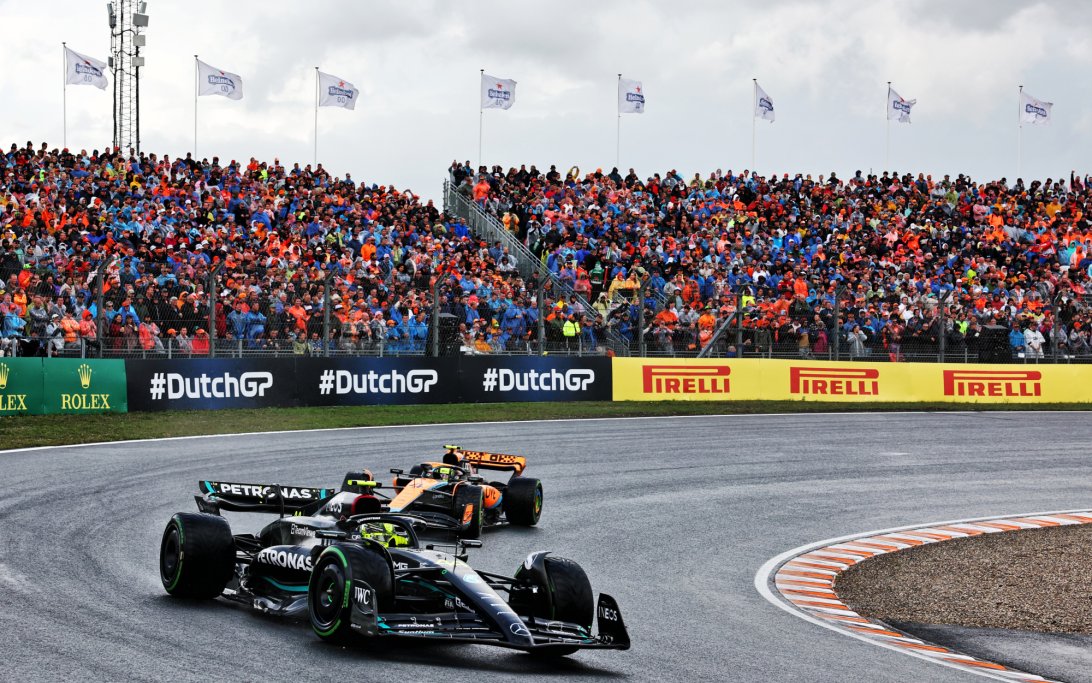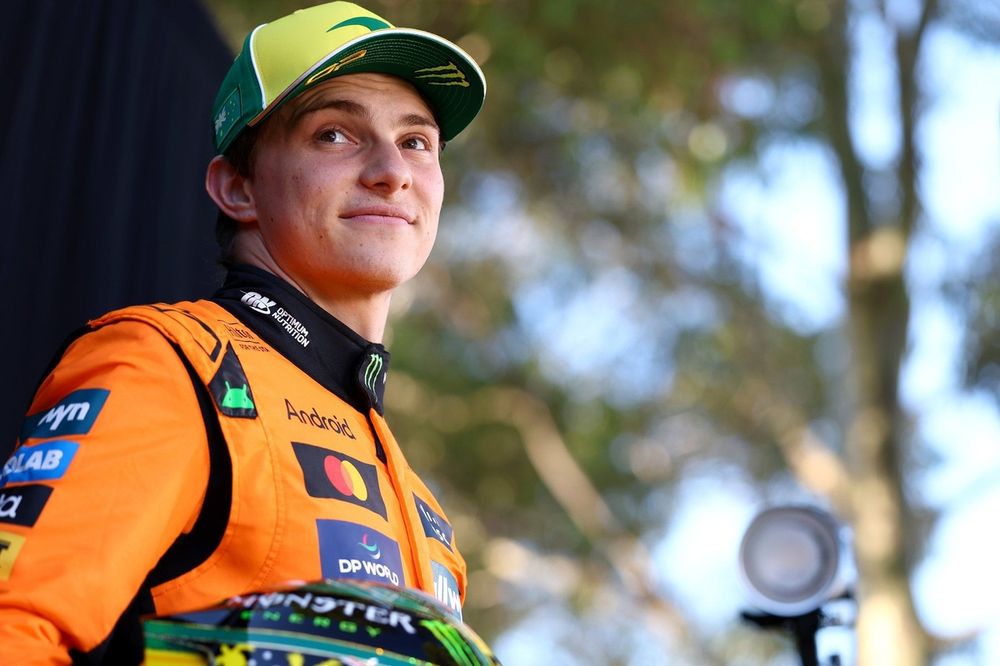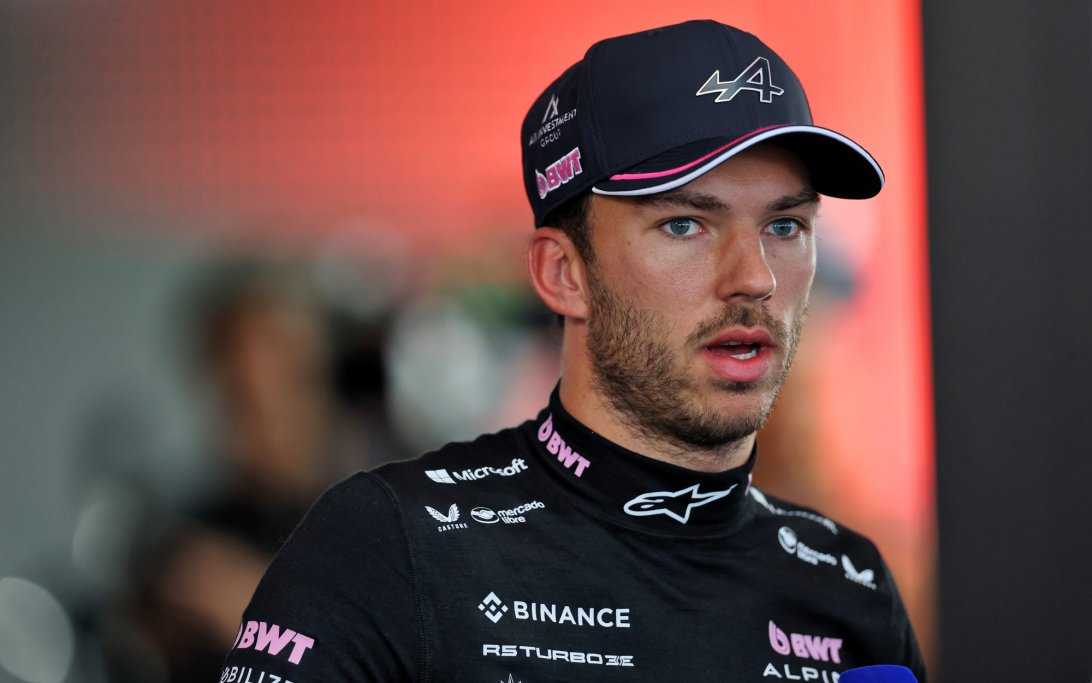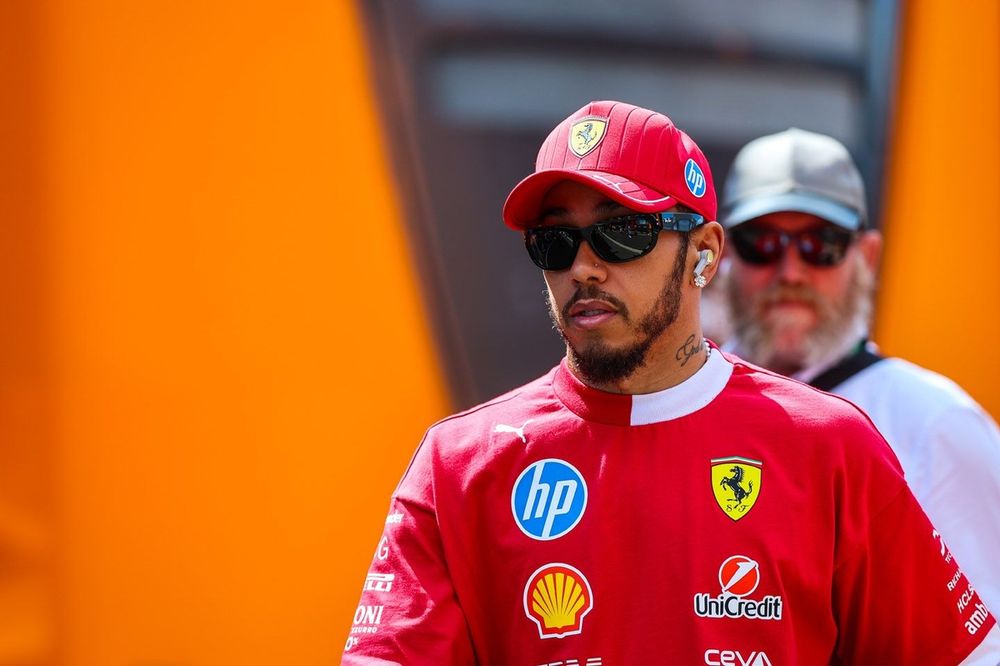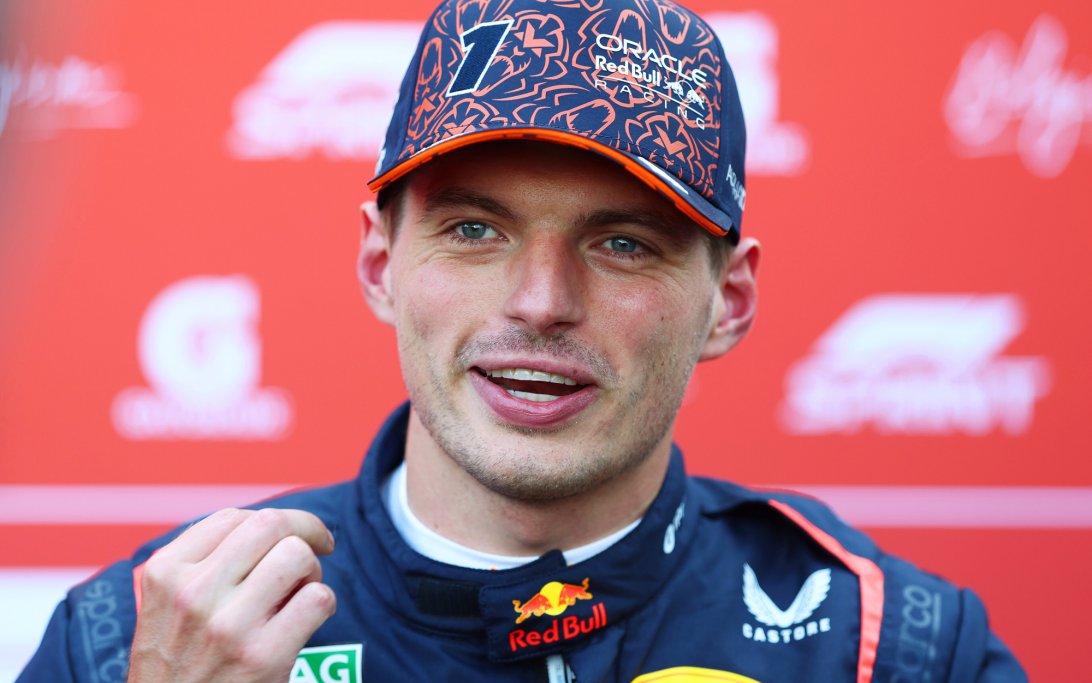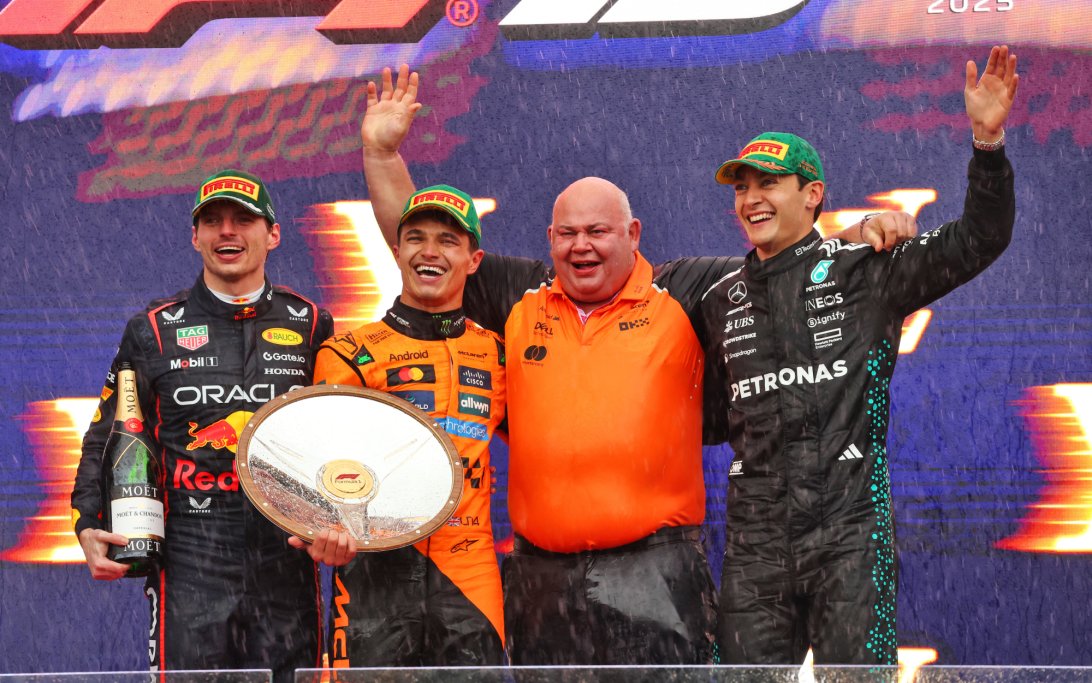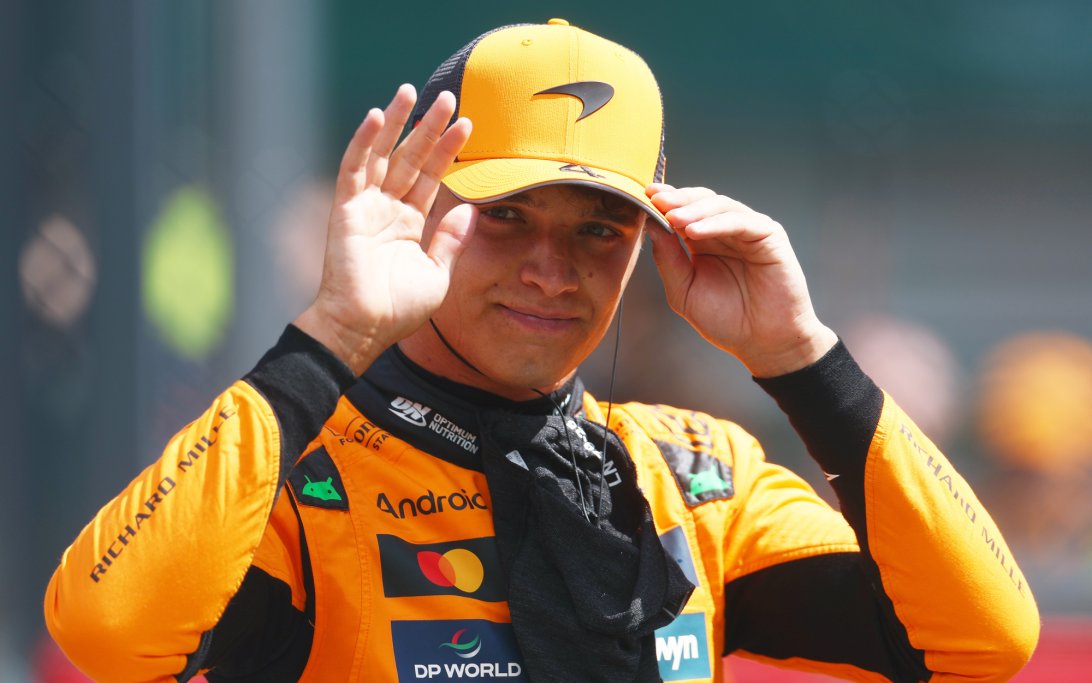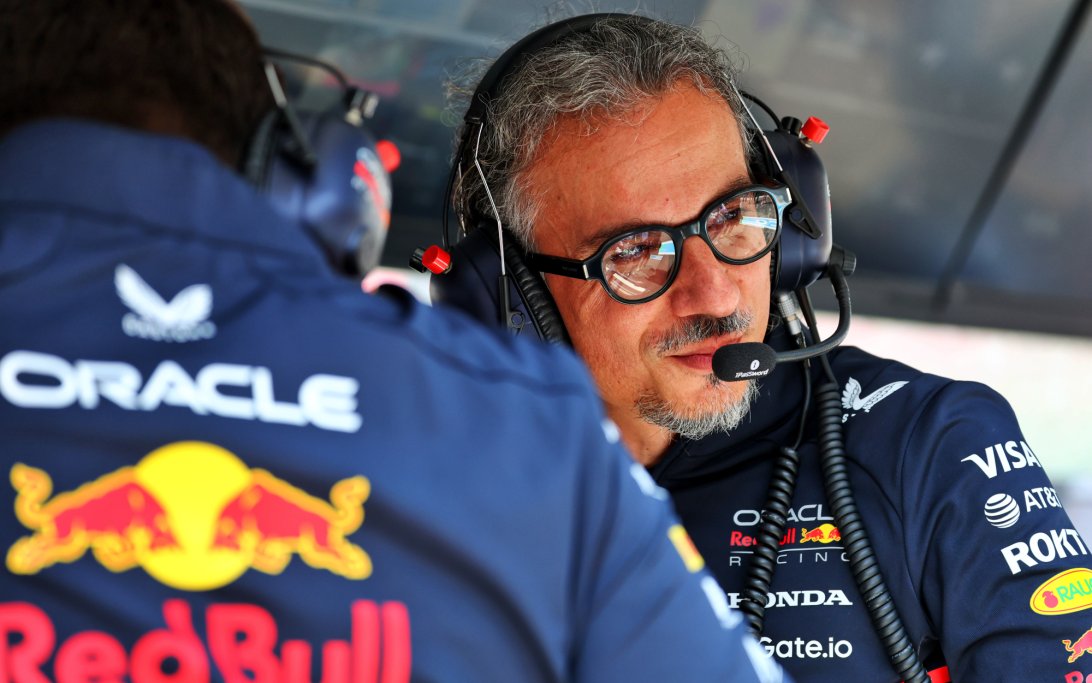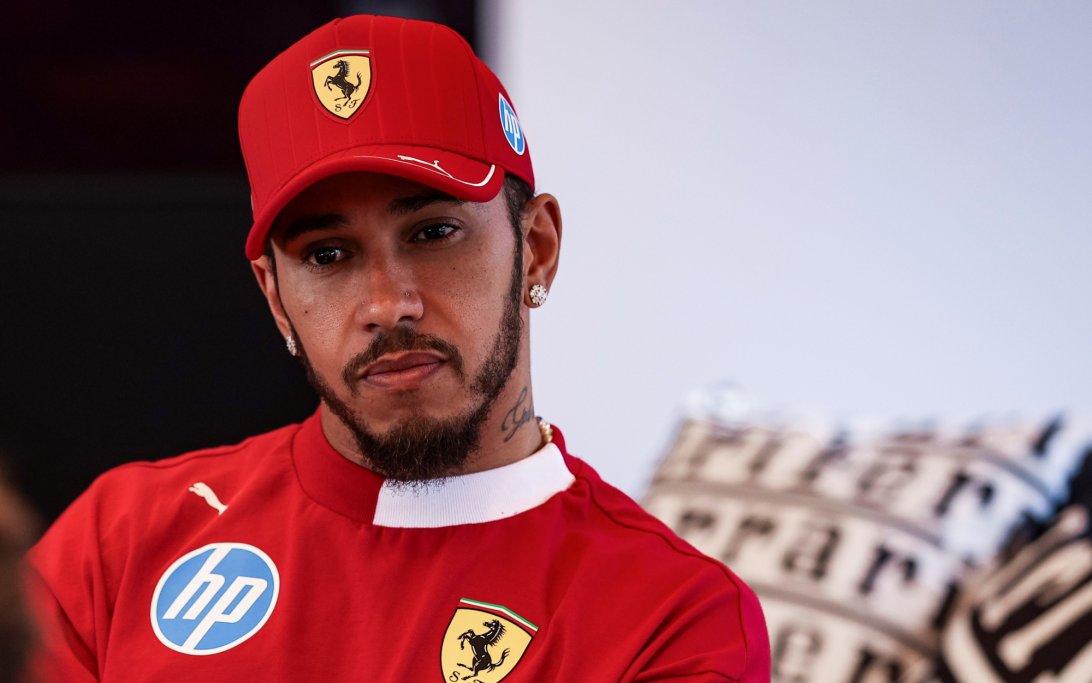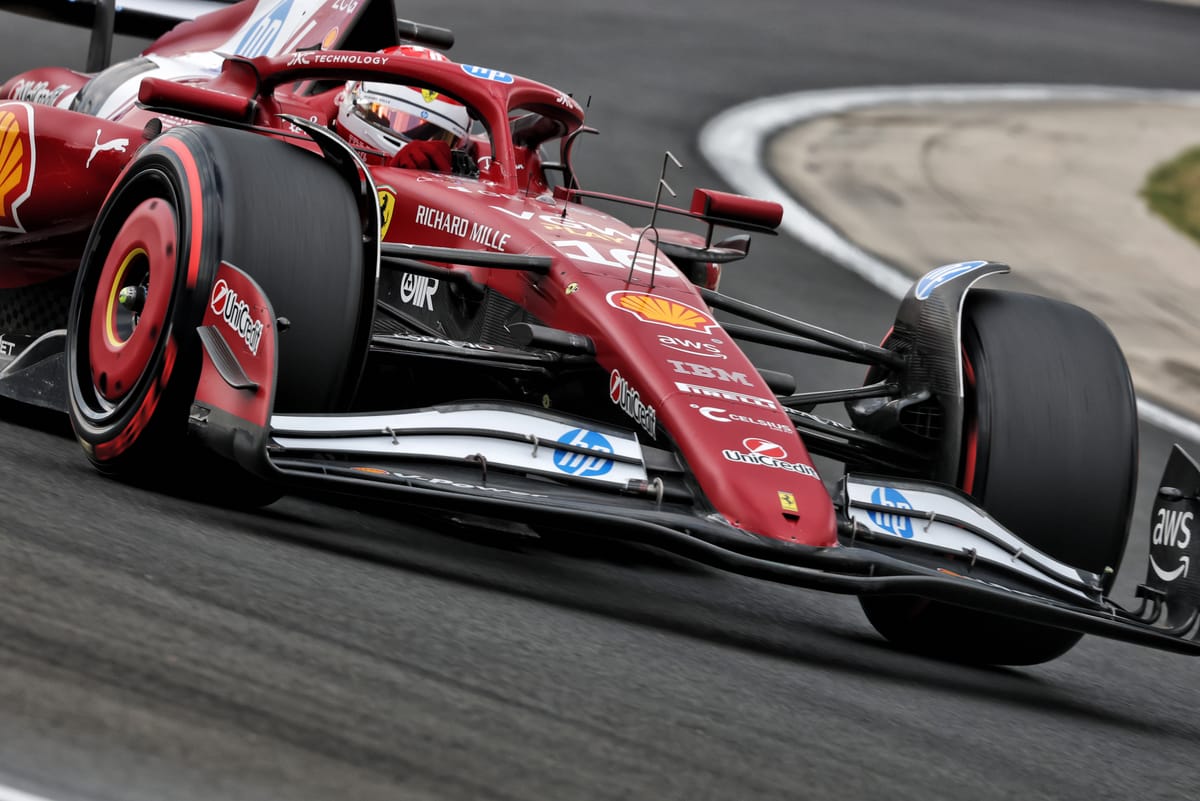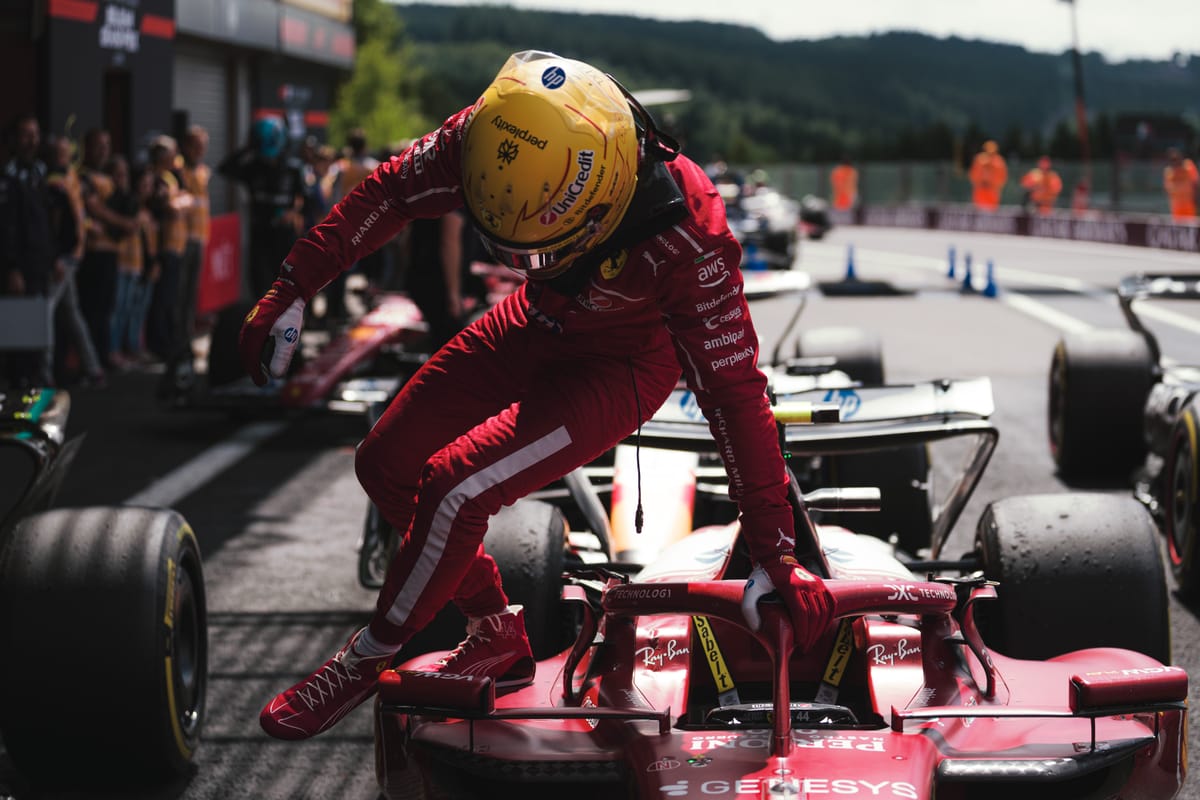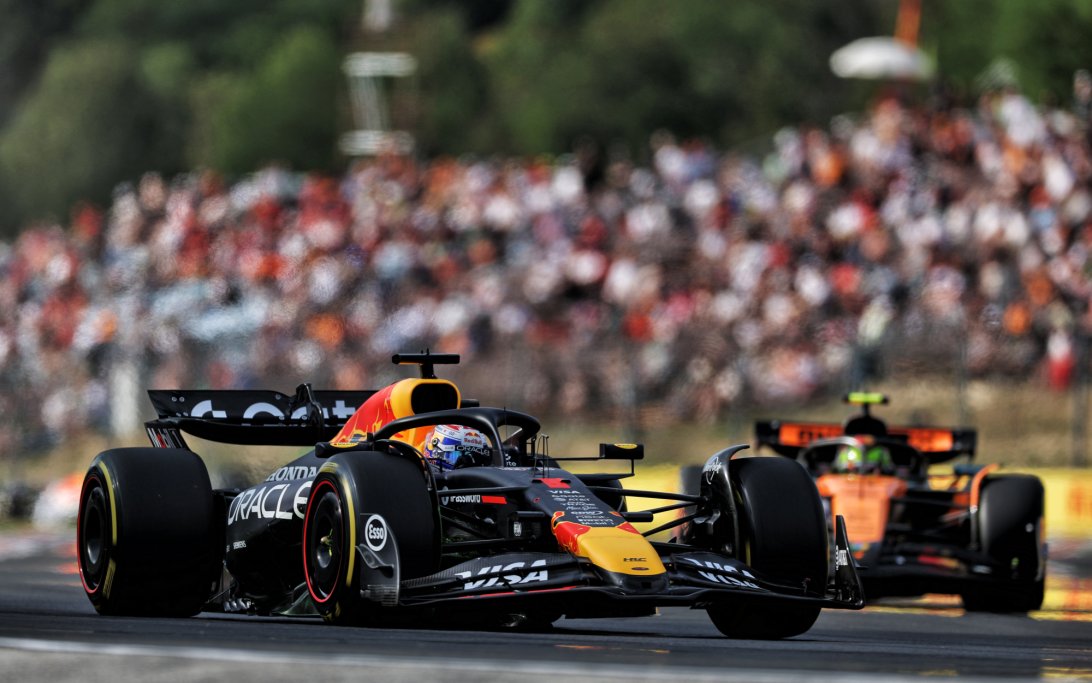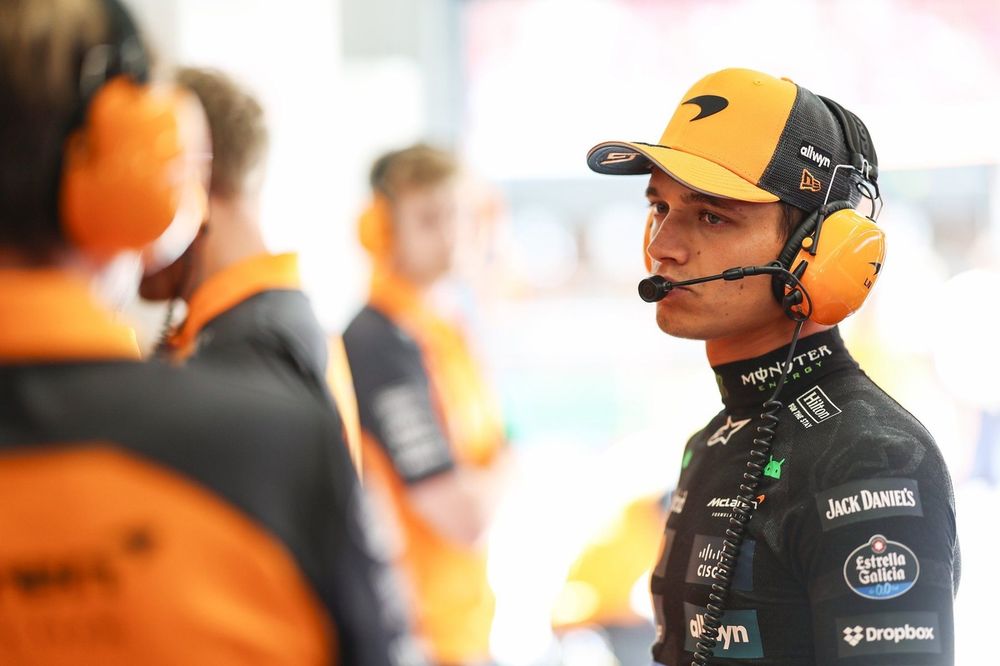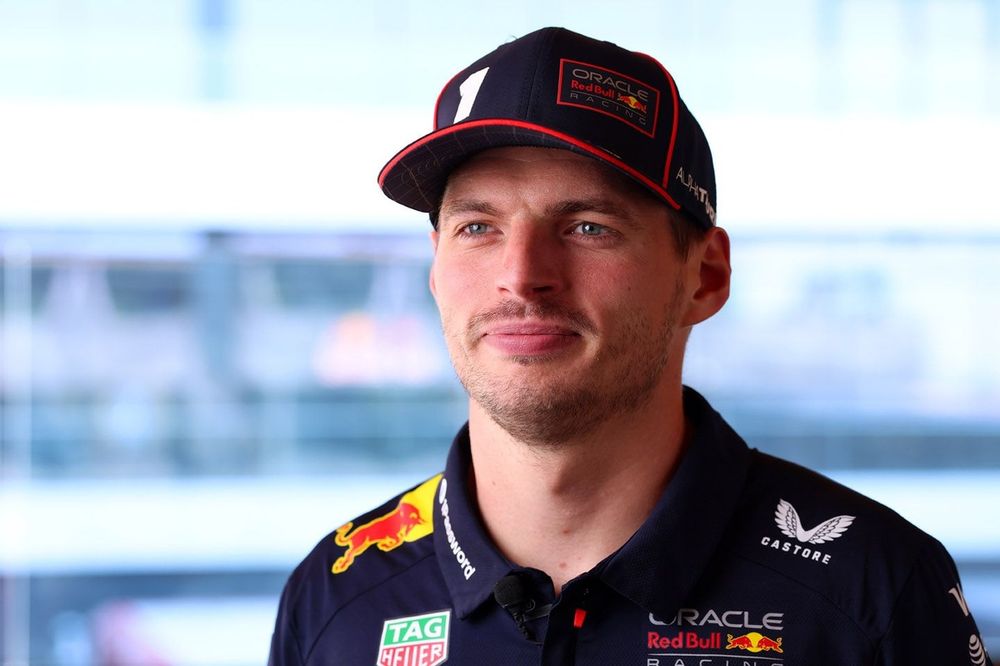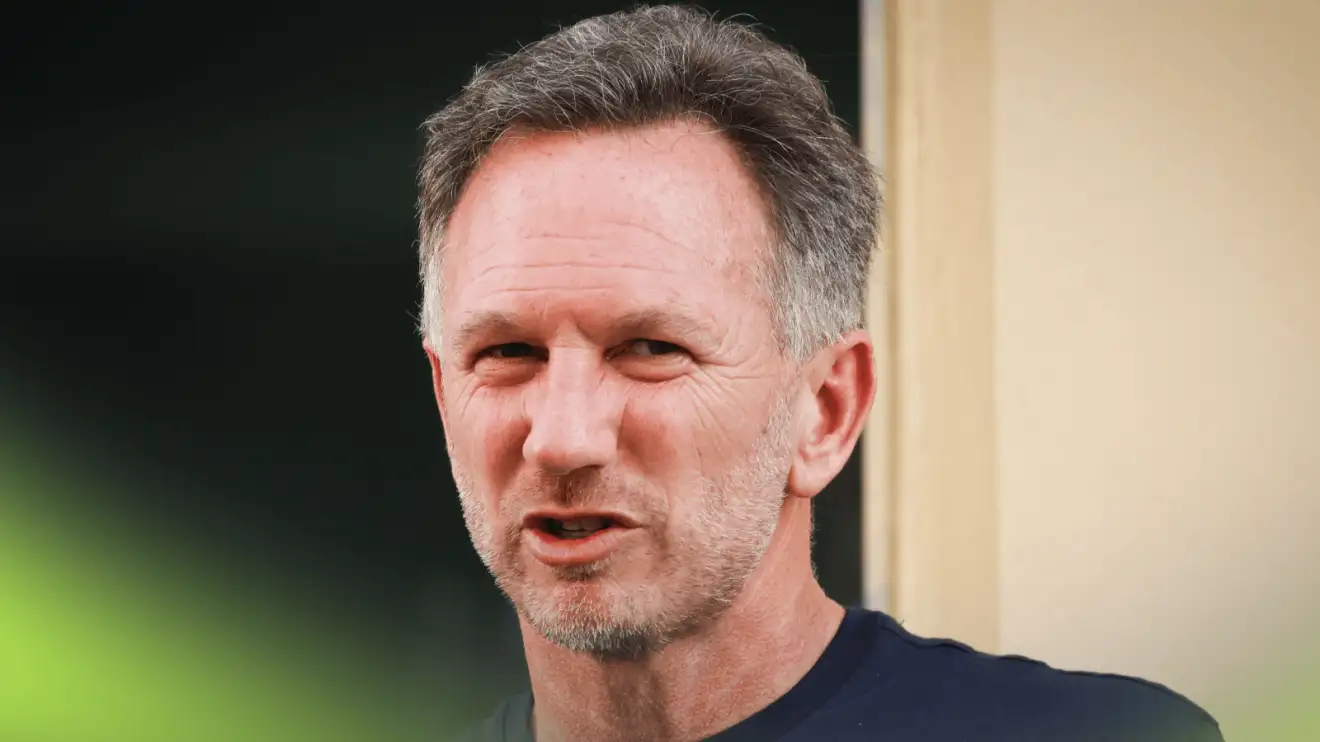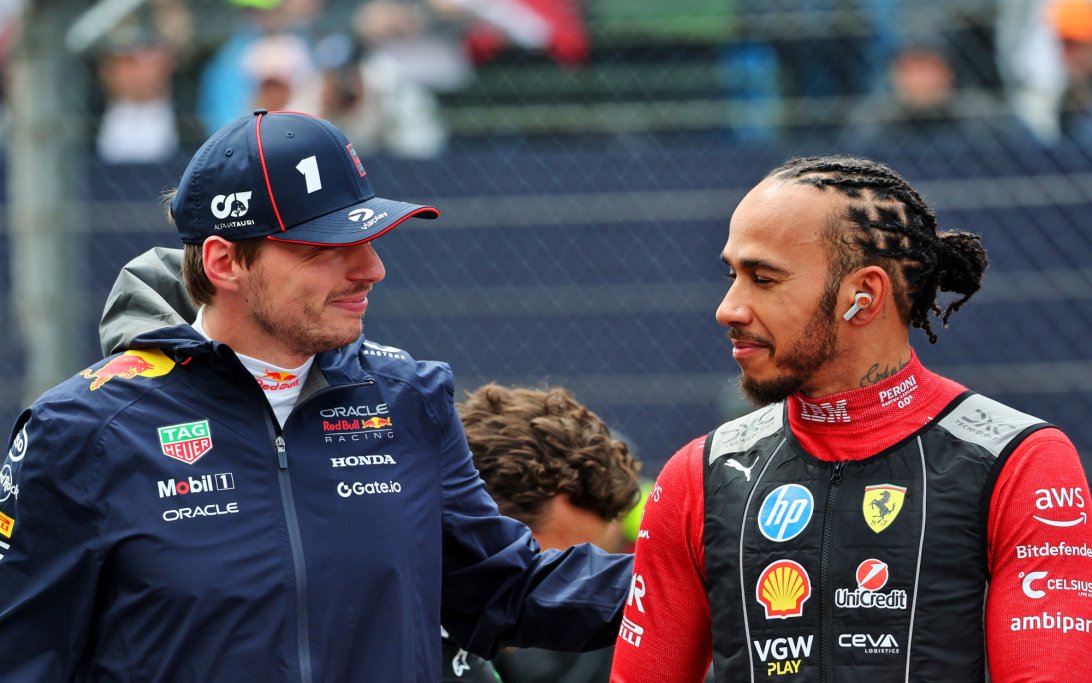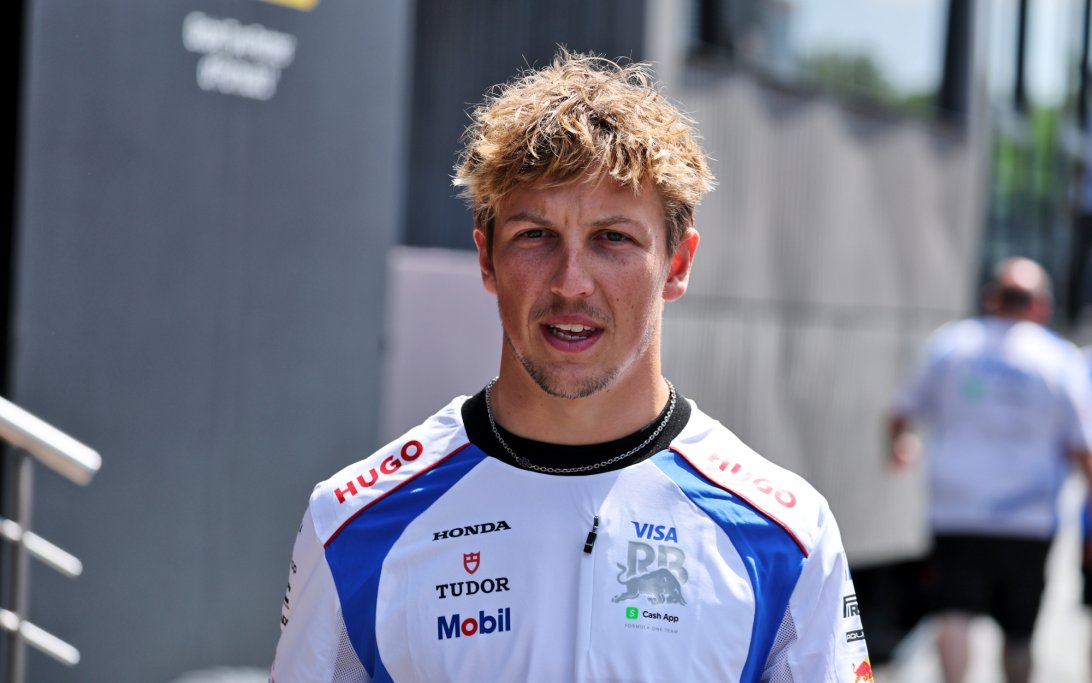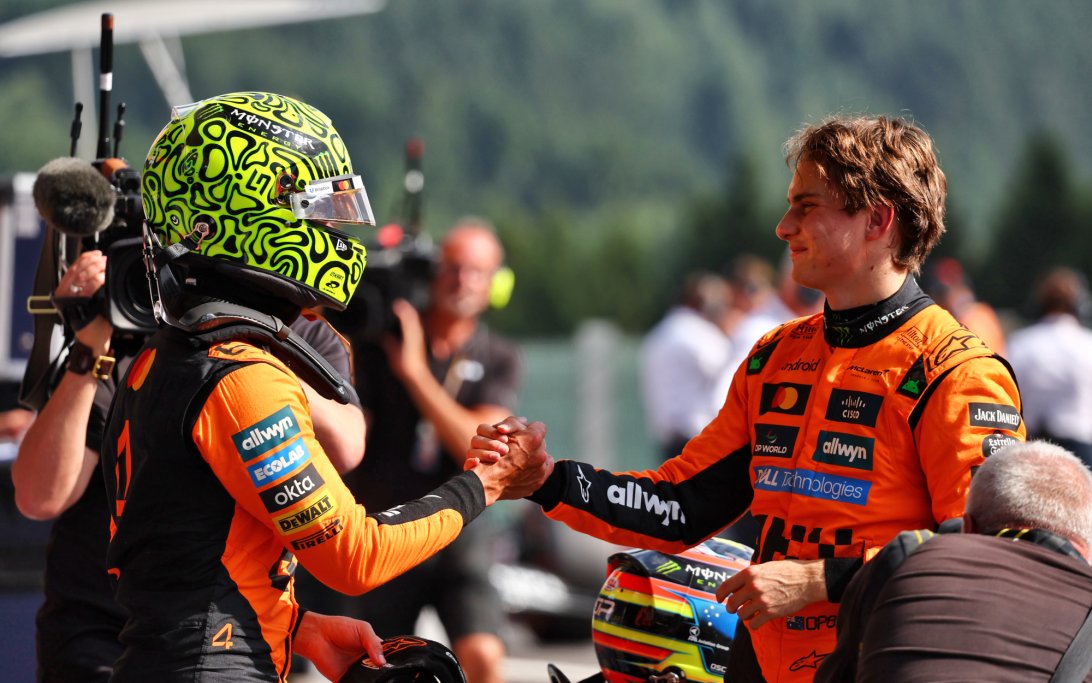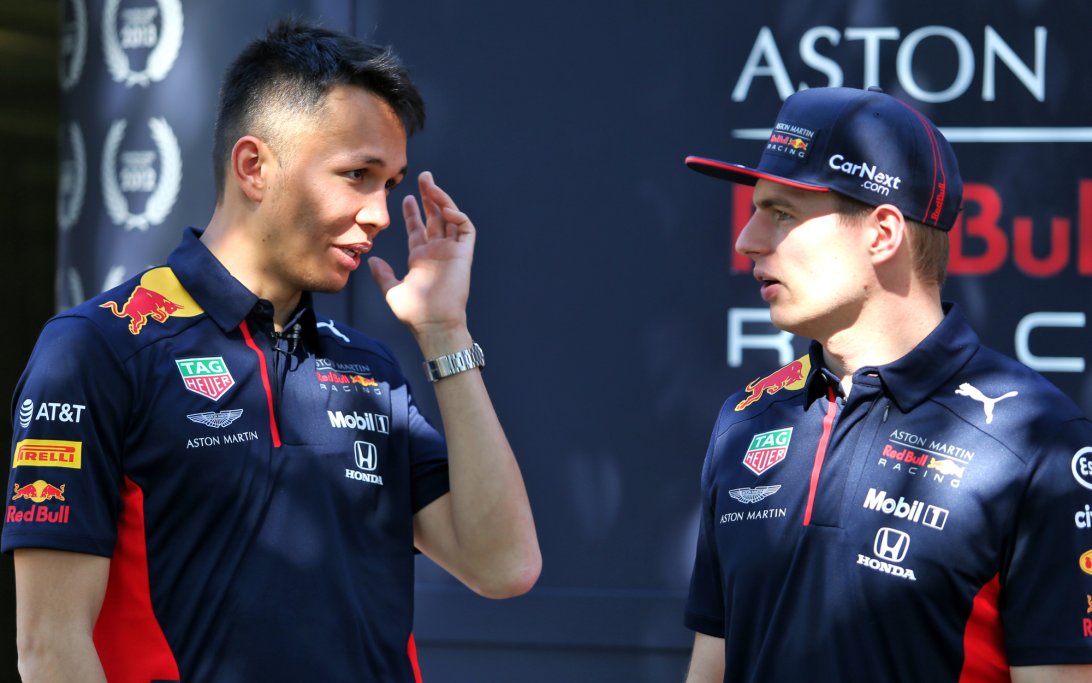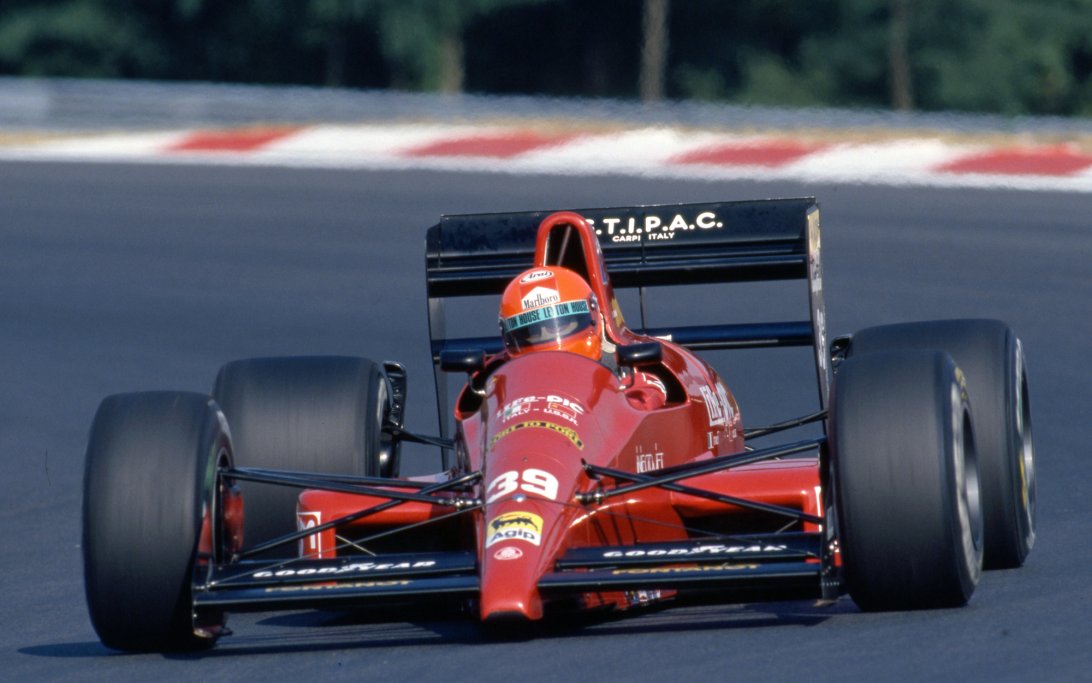F1’s 2026 season regulations are drawing criticism from drivers, but F1 CEO Stefano Domenicali suggests these complaints may be more tactical than genuine.
Why it matters:
The upcoming 2026 regulations involve an unprecedented overhaul of both chassis and power unit rules, marking the most significant season-to-season transformation in F1 history. This level of change naturally brings uncertainty and potential competitive shifts.
The big picture:
Drivers who have tested the new technology in simulators have expressed reservations:
- Lance Stroll stated he was “not a fan of the direction.”
- Charles Leclerc found the car “not the most enjoyable.”
- Fernando Alonso noted “less performance than this year” after initial sim tests.
- Even four-time World Champion Sebastian Vettel has raised concerns about heavier cars impacting performance.
However, Stefano Domenicali, speaking on The Race F1 podcast, dismissed these criticisms as largely strategic.
Domenicali’s perspective:
Domenicali views the complaints through two lenses:
- Tactical play: He believes many teams and drivers are making comments with a hidden agenda, using them as a strategic tool.
- Evolutionary path: He also acknowledges that the regulations are still evolving. Discussions with the FIA, teams, and drivers have already led to significant changes from initial concepts.
He pointed out that early concerns about “lift and cost” (lifting off the throttle to save fuel, thus compromising speed) are now “almost fading away” as the regulations mature.
What’s next:
While drivers admit the regulations are in their early stages, Domenicali’s “tactical” statement highlights the highly political nature of Formula 1. Teams may use public statements to misdirect rivals or to subtly push for changes that align with their own strengths as the 2026 pecking order begins to take shape. The true impact of the regulations will only become clear once cars hit the track and development intensifies.

